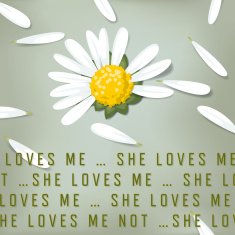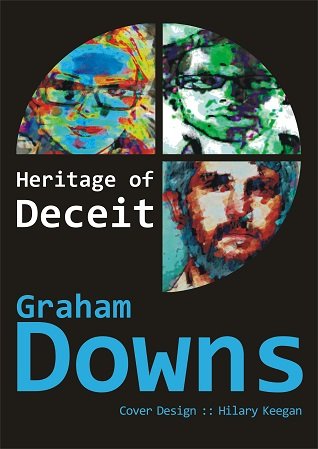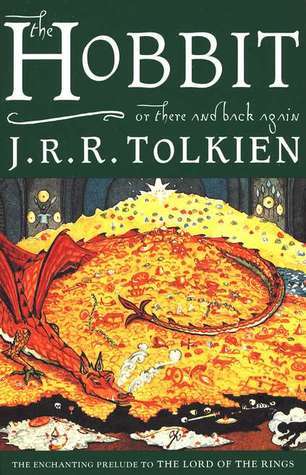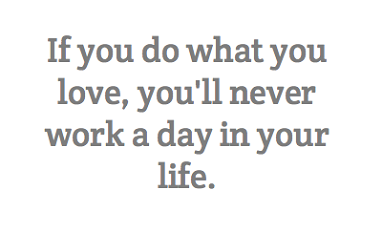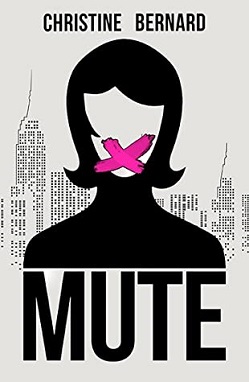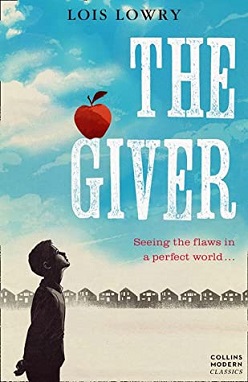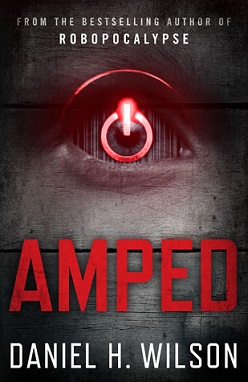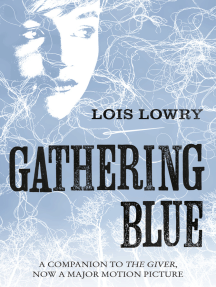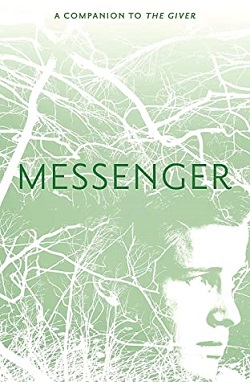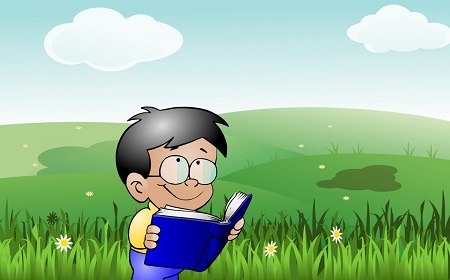A few weeks ago, an authoress whose newsletter I subscribe to (Christine Bernard. Check her out) sent out an email, asking people what their favourite words are.
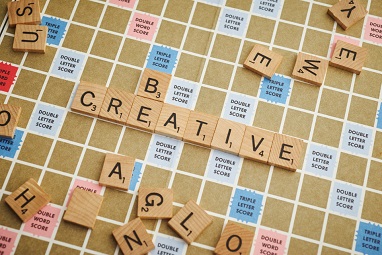
This got me thinking. I really enjoy the old irregular past tense forms of words and use them whenever they're available. Words like shone, dreamt, learnt, etc. Personally, I just feel like those "old" forms are more poetic, more aesthetically beautiful. In fact, if I'm reading a book and I read dived or sneaked, my brain always translates them to dove or snuck.
Having recently read Lynn Murphy's The Prodigal Tongue: The Love–Hate Relationship Between British and American English, I now know that the Americans sought to simplify the language, remove exceptions, and make it seem more normalised and standardised, easier to learn.
I can understand that, and I don't think there's anything inherently wrong with it, but I've never been a fan of that approach, neither in English nor in Software Development. I think the goal of having "one-size-fits-all" rules that you can apply in any situation makes life boring. It's why I was never very good at maths: maths requires learning a set of hard-and-fast rules, and I feel it doesn't really allow people to exercise their own judgment or think about the context. I don't want to live in a world where two plus two always equals four, with no room for interpretation. I want to live in a world where if the art requires it, two plus two can be three or five. Just because I feel like it. Hard rules scare me.
For similar artistic reasons, I'm also a fan of gender-specific terms for things. I like waitress vs waiter, hostess and actress vs host and actor, editrix and dominatrix (heh) vs editor and dominator.... There are hundreds more of these that we don't use anymore, or use very seldom. Comedienne, anyone?
Obviously, that’s a bit more controversial in today’s world, where a person’s gender can differ from their sex. Still, to me it’s more poetic and beautiful, and, as long as you use the form that respects a person’s preferred pronoun, I see nothing wrong with it. And if the person prefers a gender-neutral pronoun, or they're someone who doesn't want their gender known, then go ahead and use a "generic" form. But please don't use server as a substitute for waiter/waitress; after a lifetime in IT, it's all-but impossible for me to think of a "server" as anything other than a computer! (Waitron works, though, I guess. It's better than server, at any rate.)
True, some of these are a bit clunky and old-fashioned these days. I described Christine Bernard as an "authoress" above to be ironic, but in general, I would still refer to a female author as an author. Same with a female editor. I guess that also has something to do with the fact that in my experience dealing mostly with indie authors and their editors, most of them tend to be women anyway, these days (I think traditional publishing is still largely male-dominated, but traditional publishing is becoming less relevant with every passing day).
Also, I'm rather fond of compound contractions: wouldn't've and shouldn't've are pretty awesome! And I feel like we've lost a lot by dropping thee and thou, because other languages still have different words for formal and informal address, and that was our thee and thou.
Of course, none of that answers the question of what my favourite word is. I guess my all-time favourite word, and I wish it would come back into vogue, is hitherto. Once again, it just has a nice mouth-feel to me.
What about you? Do you have a favourite word in the English language? Do you agree with mine? Let me know in the comments below.
